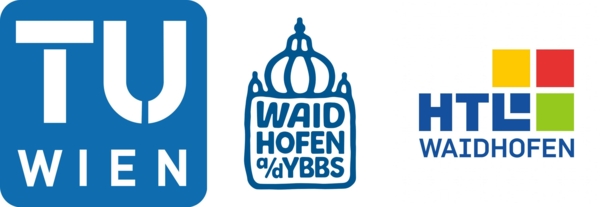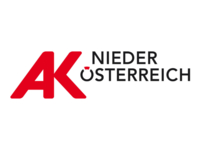The digital companion for climate-conscious actions in everyday life.
Background
In response to the negative effects of climate change, the European Union initiated new climate policies. To meet the Union's requirements and reach the climate goals, global measures need to be complemented by active citizen participation. However, a stronger involvement of the population often fails due to a lack of information on how to make everyday life more environmentally friendly and reduce the carbon footprint. Consequently, there is a need for up-to-date, easy understandable, and reliable information on the subject.
Project Content
Despite climate change being a prominent topic in the media and its impacts already noticeable, many people find it difficult to make behavioural changes to reduce their carbon footprint. There are various reasons for this. Below are three we consider important in the context of this project:
- Lack of knowledge: Practical and easily accessible information on climate change is scarce, especially regarding how individuals can make their daily lives more environmentally friendly.
- Lack of incentives: "As an individual, I cannot stop climate change." People may feel powerless in the face of global events, which can overwhelm them and prevent them from taking action. Furthermore, the personal advantages of environmentally friendly behaviors do not provide immediate feedback.
- Differences between urban and rural areas: Per capita CO2 emissions are lowest in cities and highest in suburban areas. Climate-friendly activities can often be implemented more quickly and easily in urban areas than in rural and scattered regions.
Digital technologies can effectively promote environmentally friendly behaviour. In this project, we are creating the mobile app ERIKA to serve as a companion for people living in rural areas. It provides context-aware information, motivates users, and offers rewards.
Goals
The ERIKA app (which is integrated into the existing Waidhofen app) is intended to promote environmentally friendly behaviour and raise awareness of regional climate protection activities. The following points are central to the development of the app:
- Erika Informs: The app provides context-aware (location, date and time, situation) relevant information for users. For example, during the harvest season of certain products, Erika sends information about which regional providers sell these products as well as gives tips on how to use them.
- Erika Motivates: The digital companion motivates users through playful elements such as collecting points or participating in challenges.
- Erika Rewards: Climate-friendly behavior is encouraged through the distribution of so-called tokens (small rewards). Gathered points are planned to be redeemable at local suppliers.
Methods
The project is divided into the following steps, which will be implemented for the Waidhofen a/d Ybbs as a model region. Initially, a catalogue of regional climate measures and initiatives is set up, serving as an information basis for the ERIKA app. Regional businesses/producers (e.g., local shops, producers, craftsmen) will be involved in the conceptualization and implementation. In a similar vein, the creation of the functional prototype as well as the selection of measures/initiatives will be made in collaboration with the target audiences and stakeholders. ERIKA will be evaluated in a pilot study to determine its acceptance in the model region of Waidhofen a/d Ybbs and estimate the CO2 savings achievable with the selected measures. Subsequently, it will be decided which group of individuals (e.g., municipal representatives, businesses) is authorized to make changes to existing content or add new content. Finally, a whitepaper is drafted, allowing other municipalities to tailor the ERIKA app to their needs and implement it in their regions. Additionally, a non-profit business concept is developed by pupils from HTL Waidhofen a/d Ybbs. This shall ensure that ERIKA is maintained beyond the project duration.
Result
The city of Waidhofen a/d Ybbs and the surrounding areas aim to become a showcase region for novel digital solutions in the battle against climate change. They will serve as a model for other municipalities, inspiring them to follow suit. The close collaboration between the municipality and the two university partners enhances knowledge exchange, contributing to the long-term achievement of climate goals. The broad involvement of target audiences in the development of the ERIKA app also helps promote environmentally friendly behaviours while keeping value creation in the region.
Project-Partners
Funding
You want to know more? Feel free to ask!
Media Computing Research Group
Institute of Creative\Media/Technologies
Department of Media and Digital Technologies
- Technische Universität Wien
- HTL Waidhofen
- Stadtgemeinde Waidhofen an der Ybbs



